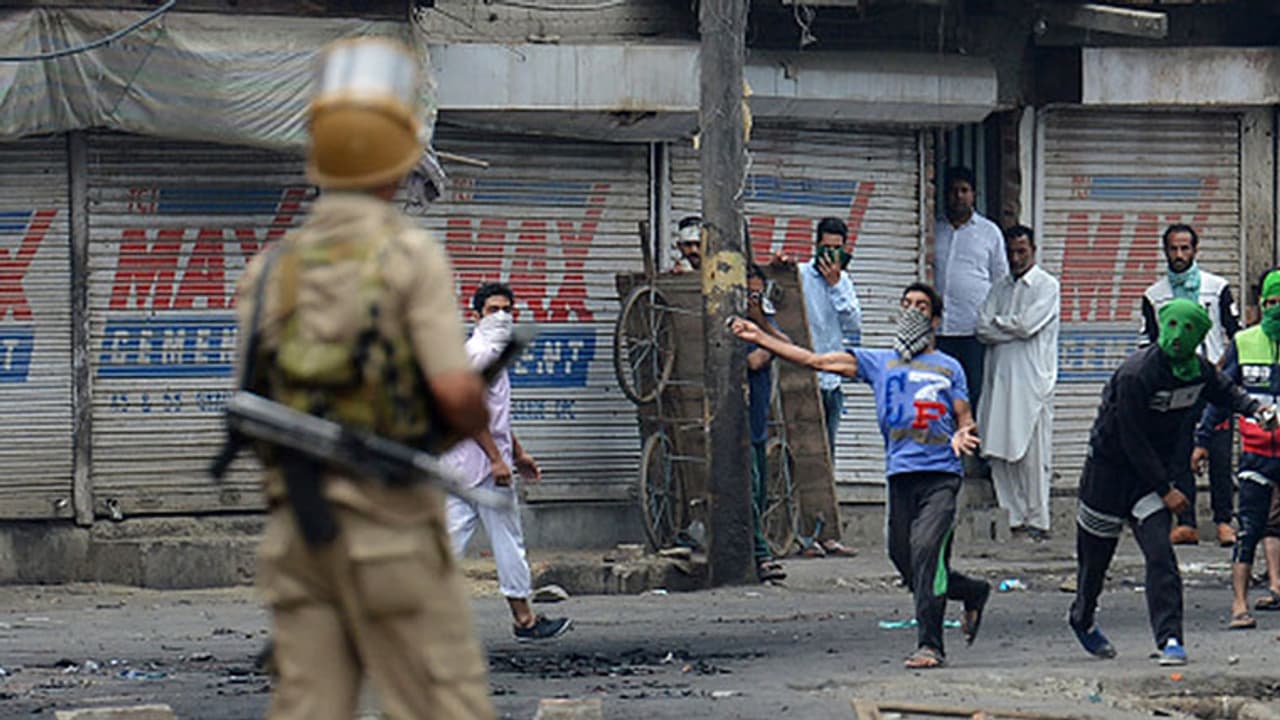Burhan Wani, the commander of Hizbul Mujahideen in Kashmir, died in an operation with the security forces.

He was not an anonymous bystander caught in the crossfire or a civilian picked up by security forces and eliminated. He showed off guns openly and was a social media favourite.
Just a month ago, he released a video threatening the Indian army and the J&K police and called India his biggest enemy. He appealed to the youth of Kashmir to join the fight and the police to train their guns on India and not on Kashmiris.
He dared the media, threatening that he would silence them if they wrote against his kind.
The one fable that was re-plugged about him was how an educated young boy, witnessing his brother being beaten up by men in uniform, took up the gun against the state.
The power of a story is greater than the power of a state, and that is what policy makers and opinion builders have utterly failed to recognise.
They have also failed to seize all opportunities for effective communication.
A period of relative calm for policy makers means Kashmir has turned around and finally realised the futility of violence. When the valley erupts once again, they go into a huddle to emerge with an even more ludicrous and unimaginative suggestion of either using more force or just letting the protest die a natural death.
Killing Wani, rather than taking him alive, is a decision the government maybe regretting. Wani was never an operational commander and he was being projected solely to seduce the youth, a strategy that is definitely working.
Army personnel stationed there would say Wani had become urban lore. After a decade Kashmir had a new local leader and his grave could well become the shrine for the death cult that global Jihad practices.
The government's attempt to stem the flow of young educated recruits into separatist militias (for which Wani is the poster boy) was ill advised.
An idea can only be countered by an idea. But does the state of Jammu and Kashmir, or the Ministry of Home Affairs and the Ministry of Defence have any ideas to take on the Kashmiri youth, who are once again out on the streets?
Last time Kashmir erupted on the streets, the then Prime Minister Manmohan Singh was criticised for his silence. He, of course, maintained silence about most things.
This time, the otherwise on-the-ball PM Modi took an incredibly long time to make a comment. He expressed dissatisfaction over the media coverage making Wani look like a hero.
He missed the point entirely. The protests in J&K, in Manipur, in Naxal areas are not against the killing of Wani or some other ‘martyr’. It is against the idea of ‘our’ India.
Modi tried reaching out to Kashmir during the flood or even when he spent Diwali there, but that has not worked. The visits and the ‘healing touch’ speeches and financial packages are fine but there must be other efforts as well.
India must stop defining security only in territorial terms without taking into account the rights of the people inhabiting that territory.
I remember a lecture by Satyabrata Pal - the former Indian High Commissioner to Islamabad and a former Member of the NHRC speaking on Human Rights and Security where he said:
“We must start with a fundamental question. When we talk of security, whose security are we talking about, and what does that security entail? The glib answer would be that it is the security of the majority that a democratic government must protect, but the uncomfortable truth is that in India this almost inevitably boils down to the safety of the majority community. It is the security of Hindus, and within them, that of the middle class, that we conflate with India’s security.”
